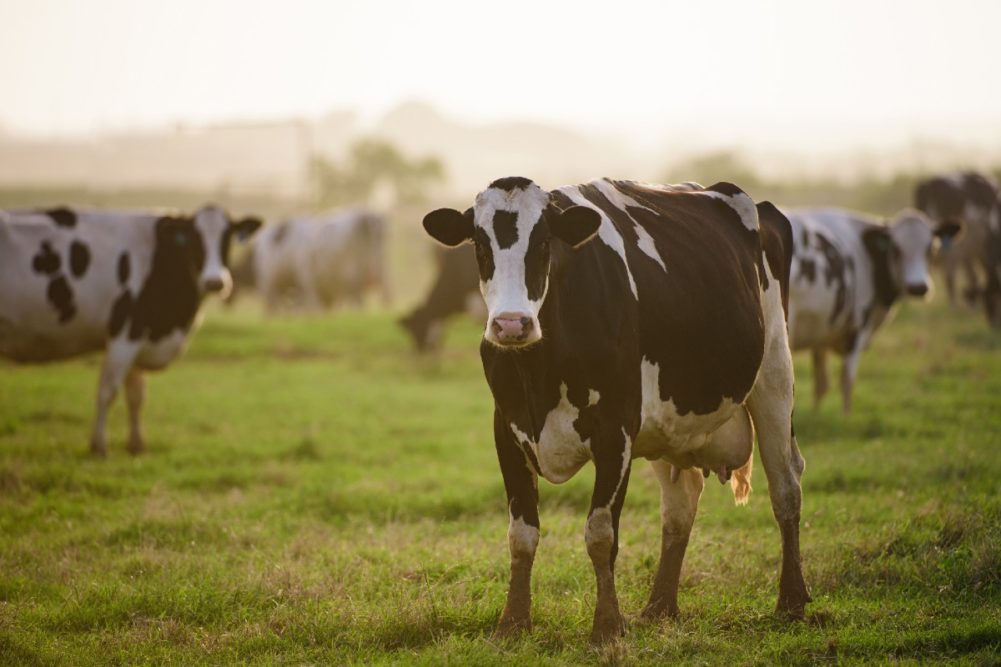DES MOINES, IOWA — All eyes are on the development of highly pathogenic avian influenza (HPAI) as it continues to storm through flocks and herds, ticking up the number of affected chickens, turkeys, cows and even people affected by the virus.
While the US Department of Agriculture (USDA), the Department of Health and Human Services (HHS) and other federal agencies have implemented mitigation plans backed by federal funding, individual states and outside nations have taken control with added biosecurity measures.
Iowa Gov. Kim Reynolds signed a disaster proclamation for Sioux County, effective May 28 through June 27, as well as for Cherokee County, effective June 2 through July 2. The proclamations allow state resources from Iowa Homeland Security, the Iowa Department of Agriculture and Land Stewardship and other agencies to assist with tracking and monitoring, rapid detection, containment, disposal and disinfection, while also waiving regulatory provisions related to commercial vehicles.
The first proclamation was issued just after an outbreak at a commercial layer operation, affecting 4.3 million birds. It was the first HPAI detection in Iowa since 2023 but was soon followed by a second in Cherokee County that affected 100,000 turkeys.
With HPAI surfacing in US dairy cattle as of late March, Colombia suspended beef exports from states with positive cases. As of now, Colombia has been the only US trading partner to impose restrictions on beef shipments as a result of HPAI detections in dairy cows.
However, other nations are growing wary and taking steps to prevent the virus from penetrating into their herds.
Canada has experienced more than 200 outbreaks among poultry, according to data from the Canadian Food Inspection Agency (CFIA). There have been no reported cases of HPAI-infected cattle.
In early May, CFIA announced it would require additional specifications to the export certificate of imported cattle from the US. Under the new rules, lactating dairy cows must test negative for the virus within seven days of export. Any cows that previously tested positive or have been around infected cows must complete a 60-day quarantine before they are eligible for importation.
The H5N1 strain causing so much commotion and concern has yet to have been detected in Australia. According to the Poultry Industry Association of New Zealand (PIANZ), in late May, two layer operations in Australia tested positive for HPAI, but specifically the H7N3 and H9 strains.

